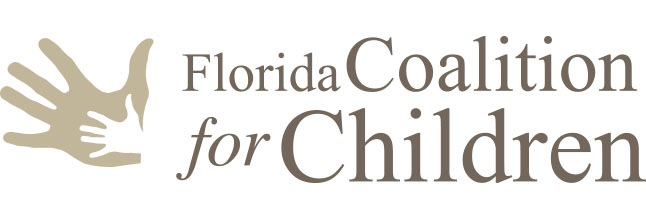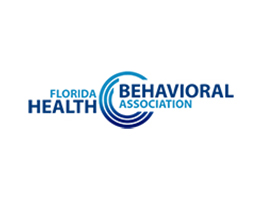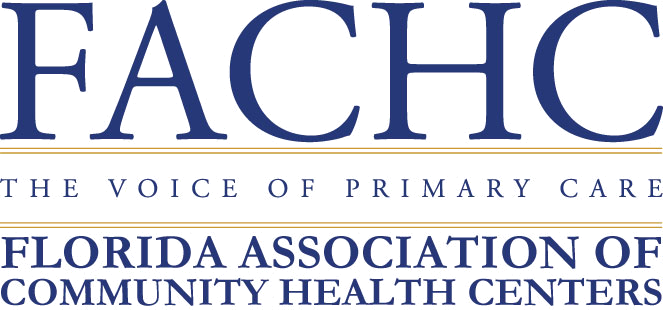The holiday shopping season gets underway shortly, and whether you’re buying online or in a traditional brick and mortar store, your identity could be at risk.
“People are starting to holiday shop and are putting information out there more frequently,” explains Paige Schaffer, president and COO of Generali Global Assistance’s identity and digital protection services global unit. “People are also more comfortable with online shopping and offers from retailers are more compelling online, saving you from going out at 3 a.m. on Black Friday.”
According to Javelin’s “2016 Identity Fraud Study,” fraudsters stole the identities of 13.1 million victims in 2015 and used them to make $15 billion in fraudulent expenditures. In addition, 18 percent of the fraud using U.S. credit cards took place outside of the country, costing $2.4 billion.
In its “Identity Fraud Prevention Playbook,” LexisNexis Risk Solutions says that identities have become more accessible for fraudsters, who can purchase personally identifiable information such as names, social security numbers, addresses and birthdates, as well as birth certificates, passports and social security cards. Now, instead of stealing an entire identity, fraudsters will establish a new one using these stolen pieces of information, which makes them harder to track, but still able to do untold damage to the victim’s credit profile.
Financial fraud can occur in several ways. A thief can open a new account in the stolen identity and then default on any payments or the individual will just assume an existing identity and make unauthorized purchases on a victim’s account. While the new chip technology in credit cards make them harder to duplicate, stealing someone’s identity provides a bigger payoff for a thief and is harder to detect. The 2015 “Debit Card Fraud Benchmark Study” from Auriemma Consulting Group found a 113 percent increase in new account fraud, which is a factor in 20 percent of all fraud losses.
As consumers become more comfortable buying online, Forrester Research predicts that e-commerce sales could top $500 billion by 2020, moving more fraudulent transactions from traditional retailers to online merchants. Frequently, scams perpetrated by local thieves end up sending information to overseas fraudsters. “Those who take the information may not victimize people in the end,” said Schaffer. “It’s usually another group.”
There are a number of activities consumers engage in on a regular basis that can lead to information being compromised.
Schaffer has several recommendations for keeping your identity and credit card information safe when shopping, surfing the internet or traveling:
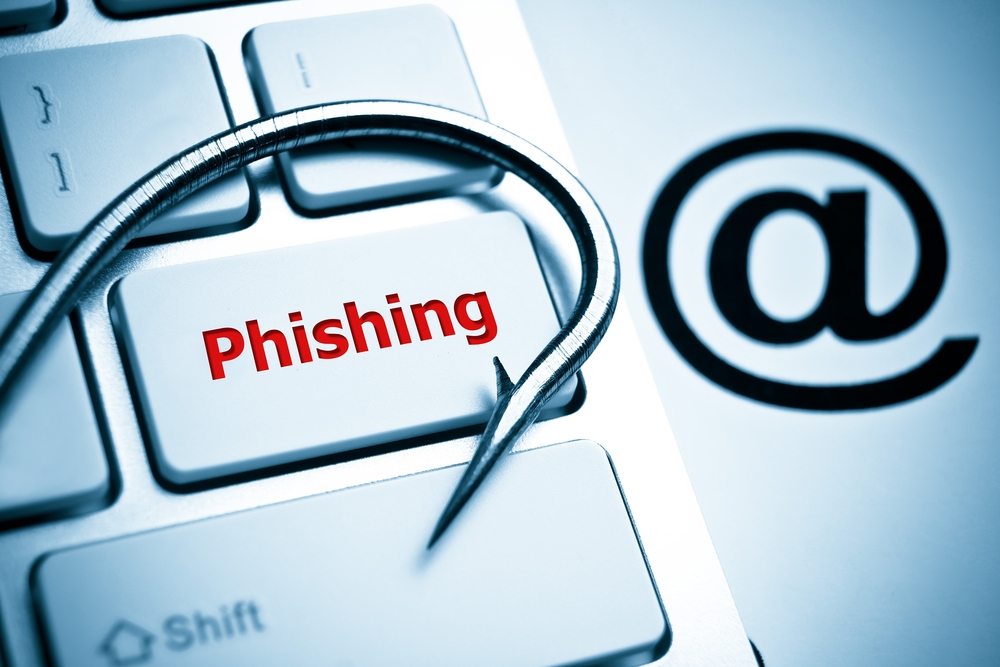
1. Avoid phishing
“Phishing is a key component around the holidays,” said Schaffer. Beware of opening emails from unknown sources or clicking on links embedded in emails. “This doesn’t mean you shouldn’t purchase from vendors online,” she said, “just make sure it’s a legitimate site.”
If you get emails from vendors you traditionally shop with, Schaffer recommends opening a new window on your computer and going directly to the company’s website. “The email could be legitimate, but it’s better to go to the site.”
When purchasing online, always look for the little padlock in the address which shows whether or not the website is secured to protect payments.
Also make sure to only shop on secure networks and avoid public, unsecured networks in hotels, coffee shops or airports where someone could hack in and access your credit card information. Avoid accessing your financial information or any other accounts that require a password on public Wi-Fi.
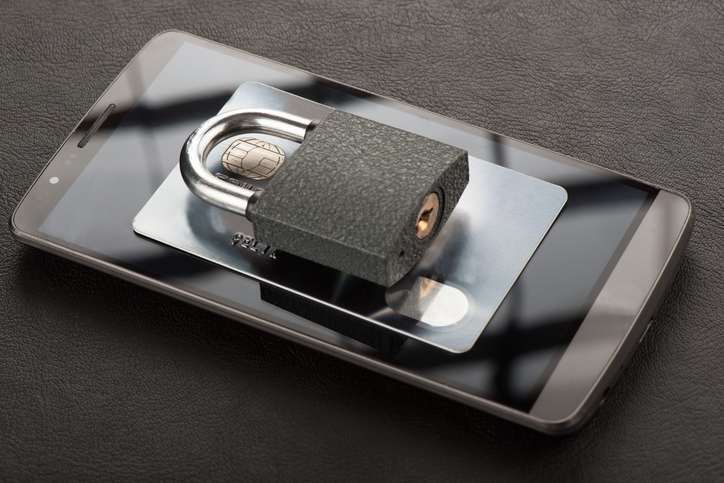
2. Beware of card skimming
You pull up to the gas station, take out your credit card and don’t think twice about it. However, credit card skimming seems to be more prevalent around the holidays. “Look to make sure there is only one slot or that there isn’t a piece of machinery around the slot to capture the information,” cautioned Schaffer.
Thieves can attach a tiny strip of film to a card reader and download the information located inside the card’s magnetic strip to create a duplicate card.
Also be sure to monitor credit card statements and bank accounts to ensure there are no unauthorized purchases. Frequently, thieves will make a small purchase to see if it can go undetected before moving to a larger one.

3. Take care while traveling
Lots of people travel during the holiday season. What they may not realize is that their boarding passes contain personal information. Don’t toss yours in the hotel trashcan — take it home and shred it to protect your information.
The same is true for electronic hotel keys, which frequently contain personal identifiable information, including credit card information. Also make sure to lock up important documents such as passports and credit cards so they cannot be accessed or stolen.
Women should avoid carrying backpack purses with an easy-open zipper. What provides easy access for you also makes it possible for thieves to quickly steal your wallet, cellphone or other items.
Men should avoid keeping their wallets in their back pants pocket because that makes it an easy target for pickpockets.
When accessing an automatic teller machine, make sure that people can’t see your information or password and be careful not to flash large amounts of cash around.
Skimming can also be a problem when traveling because it’s easy for clerks or wait staff to skim a credit card because the chance of a patron coming back and identifying them is minimal. Using a single credit card when traveling can make it easier to track expenses and identify fraudulent transactions.
When making your travel plans, beware of deals that sound too good to be true because some of these can be travel scams that use bait-and-switch schemes, or are created just to access credit card information and other personal identifiable information.
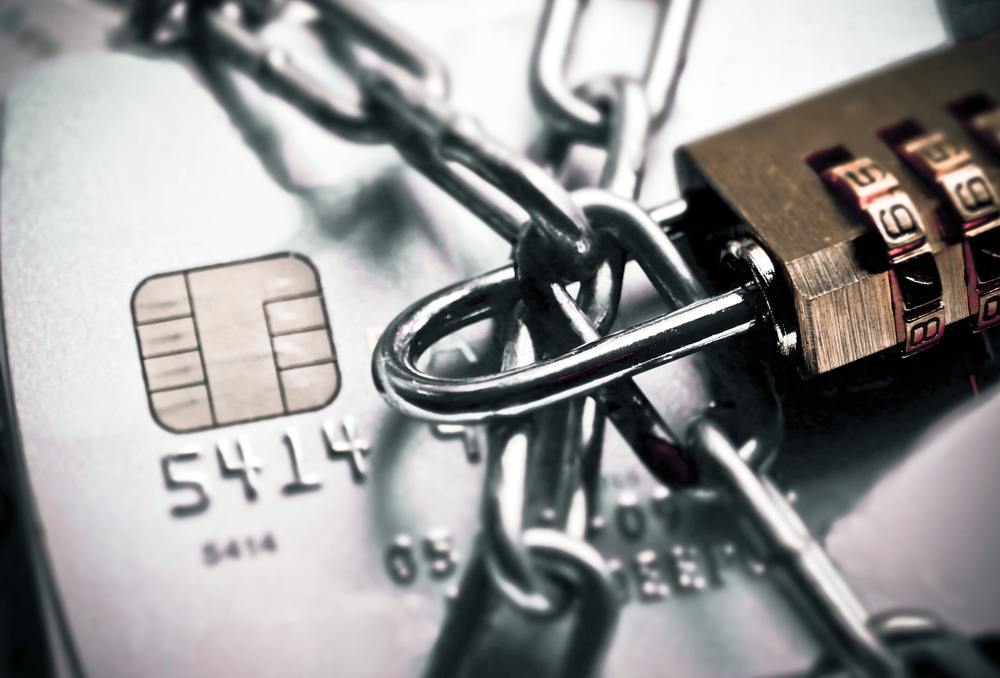
4. Watch your credit accounts
Many financial institutions offer credit-monitoring services or at the very least, fraud alerts to notify you when your information has been accessed or an unusual charge has been made to your account.
Some credit card companies, automobile associations and other membership organizations offer credit-monitoring services as a member benefit. Schaffer is a strong advocate of proactive risk mitigation and recommends that consumers take advantage of these services.
“It’s rare that your information is used immediately, but something could happen six months to a year later, so monitoring is important,” she added. “It tells you when new accounts are opened or if your information shows up in places where it shouldn’t be.”
With close to 100 million Americans planning to travel during the holiday season and 47 percent of shoppers using credit cards, the opportunities for identity theft are substantial. Consumers will need to be proactive in protecting their identities and financial information from cyber thieves.
Source: PropertyCasualty360



